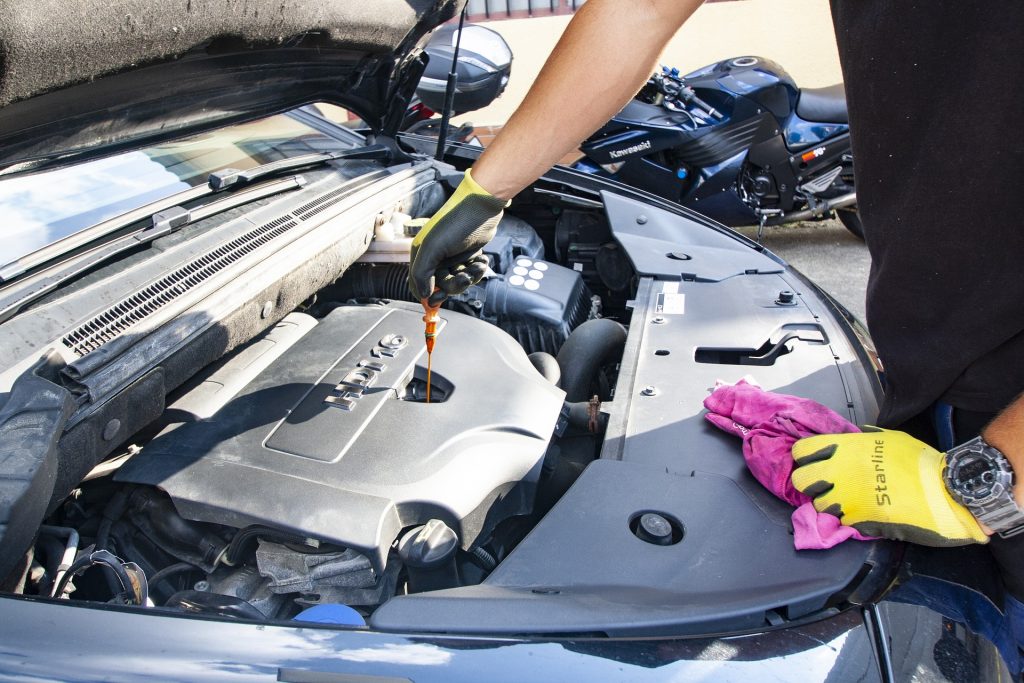Manufacturing is rapidly emerging as an evolving sector. PM Narendra Modi’s ‘Make in India’ initiative aims to see India on the world map as a leading manufacturing unit. At the same time, it is undeniable that the Indian manufacturing sector is struggling with the skills gap between educational institutes and the industry. This is specifically true for the automotive sector. In fact, with the massive technological transformation with the advent of industry 4.0, it is important to keep pace with the constantly shifting landscape to meet the ever-growing demands of the industry.
In a conversation with Sumit Kumar (Vice President, NETAP), Arindam Lahiri, CEO of Automotive Skills Development Council (ASDC) shared the emerging trends in apprenticeships to tackle the skill gaps in the automotive industry. Skills that have been in great demand are the after-sales service front, as it requires a large number of people to handle the entire base of running vehicles. The biggest challenge is that since automotive technologies integrate a lot of different technologies from different areas, what you see on the road today is going to be significantly different three years down the line.
Technologies are changing very rapidly. So, that’s one of the areas within manufacturing that requires work training and maximum apprenticeships. Apprenticeships help cover various job roles like SMP technician, SMP operator, or Auto component manufacturer. Also, supporting areas like welding, press shops, CNC machining, etc. Some of the future areas with a lot of potential manpower are electric vehicles and their manufacturing. There is a huge surge in demand for candidates who are skilled in automotive electronics. Some of the work in automation needs a fair amount of time and precision work and therefore, specialized manpower has to get on board. These are basically the requirements for the automotive industry to function smoothly in the coming years.
Also Watch: In Conversation with Arindam Lahiri, Joint Apprenticeship Advisor and CEO, ASDC – India
Future for Skilled Manpower in the Automotive Sector
The overall engagement in terms of the labor force related to the auto industry is about 30 million people who work in the Indian automotive industry. ASDC did a skill gap study in 2019, around the pandemic time and the number that can grow in terms of manpower in the industry would be around 50-52 million. An overall 10-15% of manpower will be engaged with the manufacturing industry. While some of the routine jobs are expected to wash away from the industry, they do expect a lot of growth in traditional jobs like engineering, design, and development.
Some of the big names in the apprenticeships are from the automotive industry. ASDC started with an apprenticeship in the year 2019. Over the last one and half years, the organization made significant changes in component manufacturing in terms of manufacturing and suppliers.


Apprenticeships in MSMEs
Organizations that are engaged in apprenticeship work are typically the larger and medium ones. The smaller ones are still shying away from this. These are organizations that are typically run by owners, or a set of family members. And therefore their ability, the management bandwidth that will be required to support an initiative like apprenticeship is very limited. The MSME owners don’t necessarily have the perspective that they’re actually creating the manpower for the future because they think the larger organizations must do it.
Also Read: Apprenticeships – an opportunity for manufacturing companies
What Can be Done?
- There are two ways to address this. One, larger manufacturers must start with apprenticeship programs in a large number, even if they don’t need it for their own requirement, but they must pass it on to the small and medium enterprises in the vicinity or in their network.
- Secondly, it would be useful if the government could create certain initiatives for MSMEs. The larger organizations will probably not need that much incentivization of stipend, reimbursements, etc. which can be reduced. But for the MSMEs, it can be made more important. So there could be a practical approach, given the size of the business is knocking the incentives that are there.
- It is also very important to create a common resource pool of apprenticeship trainers to be provided to the SMEs. A resourceful medium to ensure how to find those people, and it could be partially funded by the MSMEs themselves.
Gender Diversity
The auto industry is always challenged as there isn’t enough diversity in the workplace. There is an increasing acceptance of women as a part of the workforce in larger organizations. We still have a long way to go. The challenges have been again coming back to the small-medium enterprises, as they lack the necessary infrastructure to support women from being a part of that organization.
“We are doing a very interesting program with an auto player in India, where we are looking at creating an industry-led curriculum and one of the key focus areas was inclusion, which included women and also people with disabilities to be engaged as apprentices in that particular curriculum”, said Arindam Lahiri, CEO of ASDC.
Conclusion
Apprenticeships in the automotive industry are rapidly moving towards the digitalization era. The fact that the theoretical part of the basic training can at least be accepted in the digital format is kind of a big deal considering the uncertain times. This will keep the automotive industry away from being location-bound in terms of getting good talent into the company. As the government suggested, the whole scheme of having TPAs or third-party aggregators needs to be handled carefully. Moreover, it should try to get to the next level where there is no cluster and confusion among the organizations on taking up this external help. And if those are given some more policy directions, this will strengthen the entire apprenticeship model for the automotive industry.















